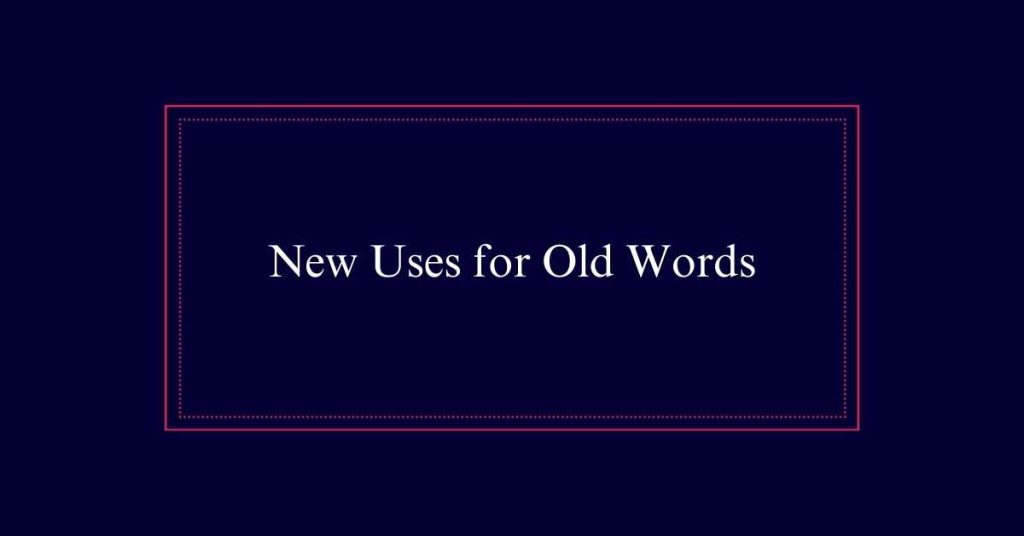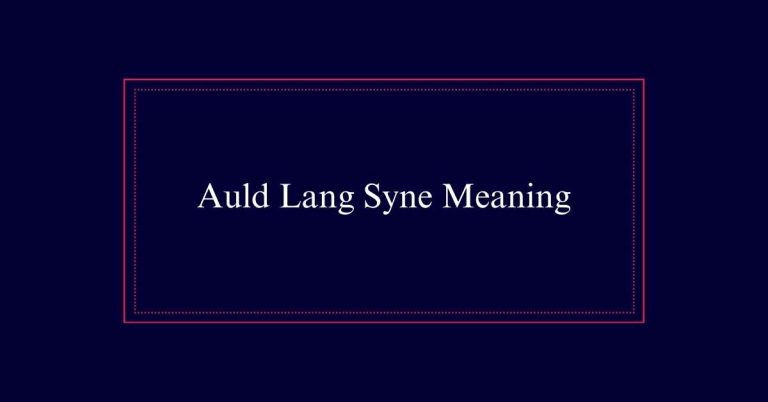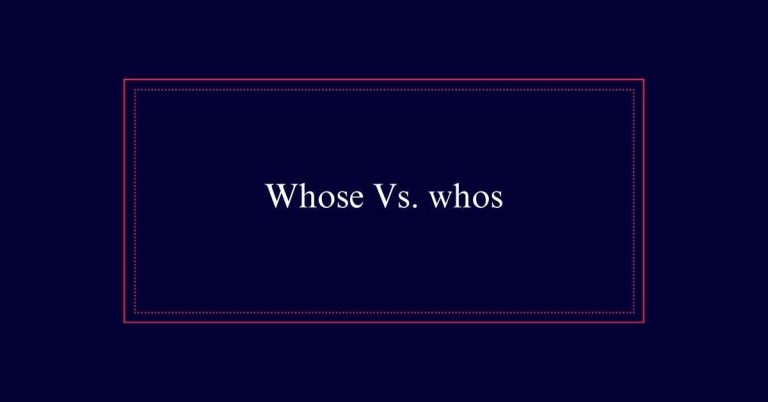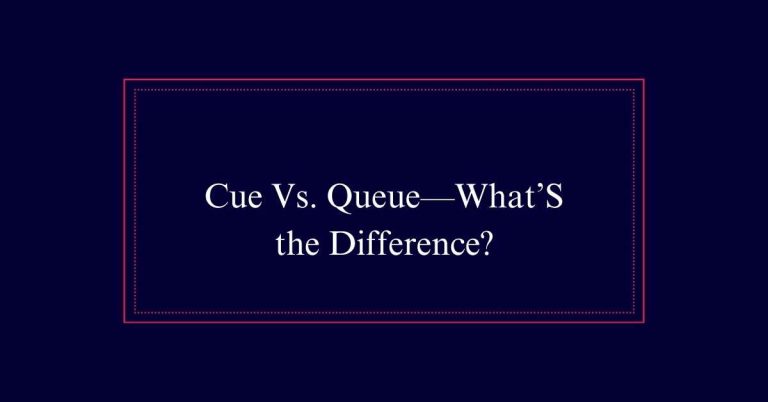New Uses for Old Words
The evolution of language continuously finds innovative ways to repurpose old words for modern contexts. Portmanteaus, such as ‘Brexit’ and ‘Sexting,’ merge words to create new terms for complex ideas, enhancing communication efficiency. Verbing, the practice of turning nouns into verbs, reflects the dynamic nature of language with examples like ‘Google’ and ‘Adulting.’ Furthermore, evolving pronouns and honorifics, such as the singular ‘they’ and the gender-neutral ‘Mx.,’ promote inclusivity and adaptability.
Portmanteaus: Blending Words
Portmanteaus are a linguistic blend where parts of multiple words combine to form a new term. These blends often capture complex ideas succinctly.
For example, ‘Brexit’ merges ‘British’ and ‘exit’ to refer to the UK’s departure from the EU. ‘Sexting’ combines ‘sex’ and ‘texting,’ describing the act of sending sexually explicit messages. ‘Sexile’ blends ‘sex’ and ‘exile,’ referring to being expelled from a shared space for someone’s private encounters.
‘Spandexual’ is a playful term describing an attraction to spandex clothing. Lastly, ‘internest’ combines ‘internet’ and ‘nest,’ referring to a cozy spot for internet use.
These portmanteaus enhance communication by creating new words that are both descriptive and efficient.
The Rise of Verbing
While blending words is fascinating, another linguistic trend gaining momentum is turning nouns into verbs, known as verbing. This phenomenon reflects the dynamic nature of language, allowing it to evolve with changing societal needs. Verbing is not only creative but also practical, as it often provides a more vivid and immediate way to express actions.

Here are three examples of verbing:
- Google: Initially a company name, it now means to search for information online.
- Adulting: This term describes engaging in activities typically associated with being an adult, like paying bills.
- Slack: Originally a messaging platform, it is now used to refer to sending messages within the platform.
These examples illustrate how verbing enriches our daily communication.
Evolving Pronouns and Honorifics
Language is evolving to become more inclusive with the adoption of new pronouns and honorifics. The singular ‘they’ is increasingly used to refer to individuals whose gender is unknown or irrelevant. This pronoun has historical precedence, appearing in the works of Shakespeare and Chaucer. Its modern resurgence reflects a societal shift towards inclusivity.
Similarly, the honorific ‘Mx.’ serves as a gender-neutral alternative to traditional titles like Mr., Ms., and Mrs. First introduced in 1977, ‘Mx.’ is becoming more common in official documents and everyday use. These changes in language demonstrate a growing recognition of diverse gender identities and a commitment to respectful communication.
As society progresses, language adapts to meet the needs of all its users.
Frequently Asked Questions
How Have Online Dictionaries Adapted to Changes in Word Usage Over Time?
Online dictionaries have adapted by adding new entries, updating definitions, and noting shifts in usage. They track real-world language changes through data analysis and user input, ensuring dictionaries reflect current language trends accurately and inclusively.
What Are the Origins of the Term “Literally” in Historical Texts?
The term “literally” originates from the Latin word “literalis,” meaning “of or relating to letters.” Historical texts show its use to emphasize a statement’s truth, dating back to the early 16th century.
How Do Language Changes Reflect Societal Shifts in Inclusivity and Identity?
Language changes highlight societal shifts in inclusivity and identity by adopting gender-neutral pronouns like “they,” creating new honorifics like “Mx.,” and evolving word meanings. These adjustments reflect a growing emphasis on diversity and representation.
What Role Do Social Media Platforms Play in the Evolution of Modern Language?
Social media platforms accelerate the evolution of language by promoting rapid and widespread adoption of new terms. They foster creativity, enable real-time communication, and reflect societal changes, making language more dynamic and inclusive.
How Do Educational Institutions Address the Evolving Nature of Language in Curricula?
Educational institutions address the evolving nature of language by updating curricula to include modern linguistic trends, promoting awareness of language diversity, incorporating digital literacy, and encouraging critical thinking about language use in contemporary contexts.






